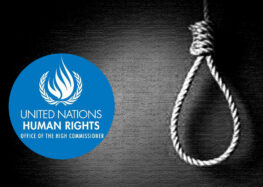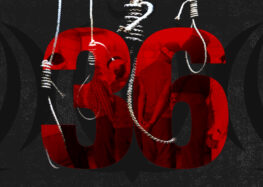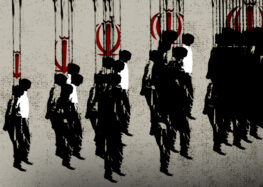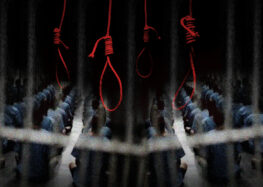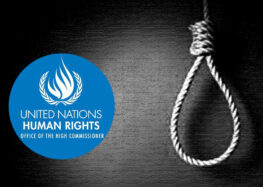Ground Shifts as 70 MPs in Iran Introduce Bill to End Executions for Drug Crimes
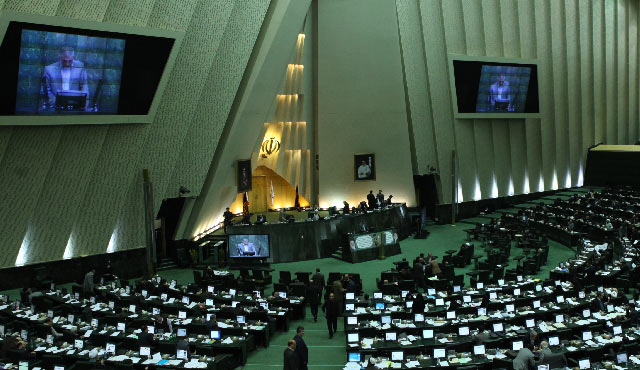
More than 70 Members of the Iranian Parliament have presented a bill that, if ratified by the full legislature and approved by the Council of Guardians (the constitutional body charged with approving legislation), could reduce the punishment for drug trafficking from death to life imprisonment.
“The Islamic Republic of Iran is paying a heavy price in the fight against drugs that are transported to Europe. The highest number of executions in the country are related to this issue. Therefore, a group of MPs have called for an end to capital punishment for drug-related crimes,” Mir-Hadi Gharaseyyed Romiani, a Member of Parliament’s Justice and Legal Affairs Committee, said on November 8, 2015.
He added that if the bill became law, the death penalty would be applied only for drug cases that involved armed trafficking.
“After this bill is ratified…a heavy load will be removed from the Judiciary’s shoulder,” Romiani was quoted as saying.
This is not the first time that Parliament is debating the possibility of ending the death penalty for drug-related offenses. The proposal was also brought up in the chamber a year ago but it did not move forward.
The largest number of executions in Iran involve drug-related crimes—more than 70 percent, according to Mohammad Javad Larijani, Head of the Iranian Judiciary’s Human Rights Council.
“My personal opinion is that there should be some practical changes to the laws related to the fight against drugs. This has to go through the legislative process but until then Westerners should respect our current laws,” Mohammad Javad Larijani said in reference to US and Europe’s criticism of Iran’s extremely high number of executions. Iran has the highest per capita execution rate in the world.
The Islamic Republic of Iran has come under strong criticism from the UN and human rights organizations for carrying out the death penalty for drug-related offenses. In his March 2015 report, Ahmad Shaheed, the UN Special Rapporteur for human rights in Iran, noted that changes in Iran’s drug laws in 2010 increased to 17 the number of drug offenses that could be punished by death. As a result, in 2014 alone, 753 executions were carried out in Iran, the highest number in the past decade.
Human rights activists as well as legal experts have noted that Iran’s tough anti-drug laws have not resulted in any reduction in drug-related crimes.
“A review of the number of drug-related executions must be conducted. We observe that, unfortunately, the issue [of drug trafficking] continues in our country. Therefore, we must say that intensifying punishments is not preventive,” the prominent Iranian lawyer Nemat Ahmadi told the Iranian Student News Agency (ISNA) in April 2015.
Ahmadi added that even if Parliament and the Council of Guardians ratify the new law and abolish the death penalty for drug crimes, the bill would still need to pass an additional legislative hurdle in the Expediency Council (the body appointed by Iran’s supreme leader that has supervisory power over all branches of government).
“More than 270,000 prisoners or two-thirds of the country’s prison population is related to drug crimes and carrying out executions have not solved the problem,” Ahmadi said.

